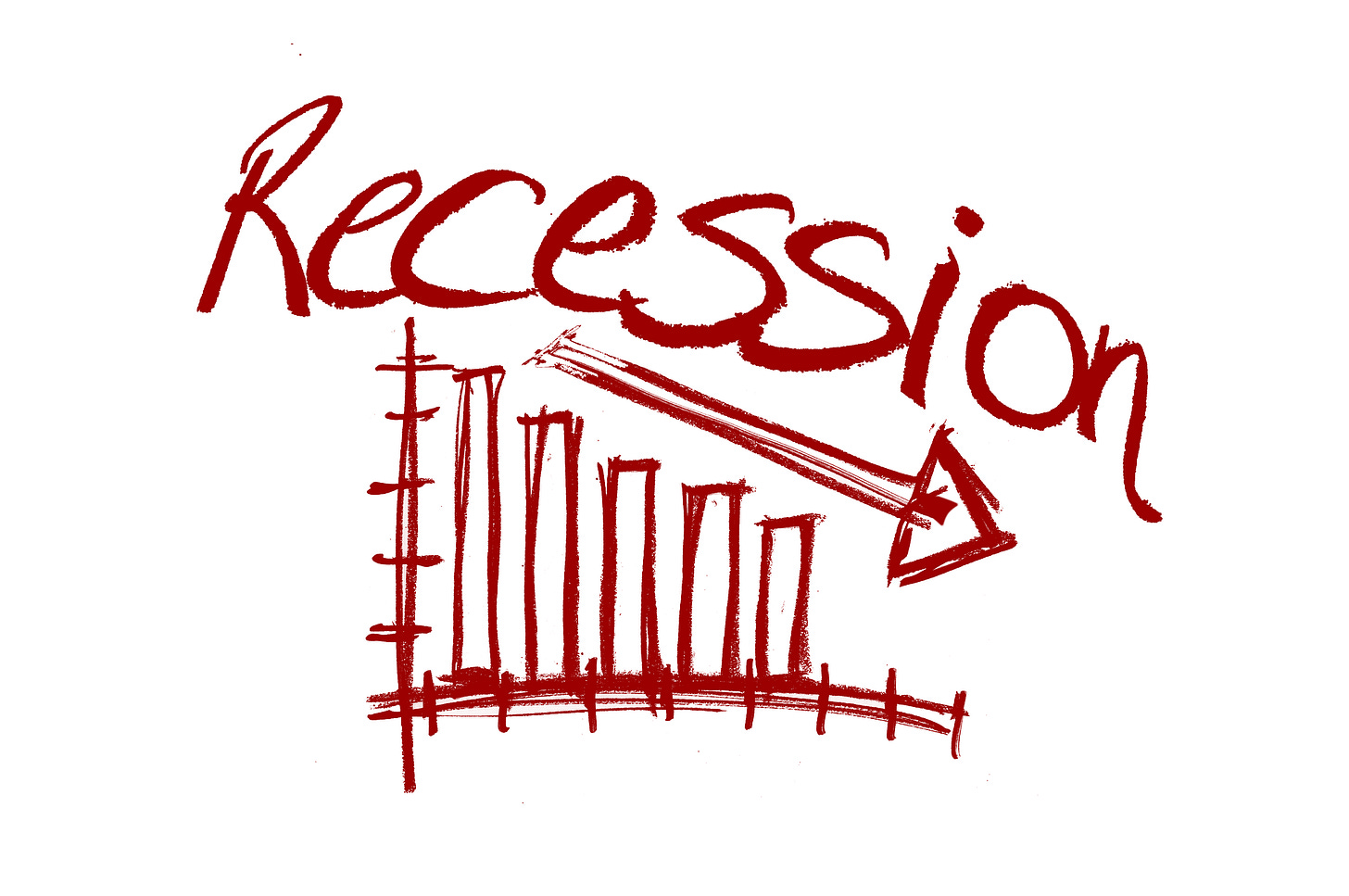With the global economy in a constant state of flux, it is hard to predict what will happen next. Recently Sainsbury and Dunelm had decreases on their earnings as they experienced higher operating costs while consumers avoided splurging during an economic downturn which may lead other companies follow suit or even lay off employees if things don't improve soon enough; this all comes after Netflix announced that some job positions would not longer need full time hours but rather temporary ones.
Businesses need to start cutting costs now
The coming economic downturn will be bad for business, but there are steps that businesses can take in order not only survive it financially - they should also come out ahead.
One way of doing this is by reducing spending on unproductive operations and finding places where you might save money so your remaining funds could go towards more beneficial projects or areas within the company itself such as employee training programs.
Focus on core competencies
Focusing on your core competencies is more important than ever. More companies need to focus on what's really crucial for success—and partner with others when necessary in order not become irrelevant by being loss-making due too an over reliance upon one area of expertise.
Customer experience is more than just meeting the physical needs of your customers. Investing in their journey will provide you with lasting loyalty and positive reviews, which can help put distance between you and potential competitors who are not investing as heavily into customer satisfaction.
KPMG reports that when brands create quality experiences for every touchpoint – online or off-line - 86%of consumers feel loyal towards them while 66% expect to recommend this business.
Flexible staffing options
The economic downturn is leaving its mark on businesses, as companies try to maximise profits by asking their employees to take up more responsibilities. This can lead to increasing burnout rates for workers who are asked about doubling or tripling workloads during times of high demand.
Improve your balance sheet
The companies that are truly adapting look at everything differently because they have no choice. Their customers and investors demand it, whether in the public or private markets- one way to adapt is by moving labour off your balance sheet onto an outsourcing partner’s ledger.
Key Takeaway
The market is full of obstacles, but you must be agile and able to pivot quickly if your company wants success in this volatile economy. Only those companies that adapt will survive; they are the only ones thinking differently enough.




